Mosquitoes and ticks pose significant health risks due to disease carriage. Effective control requires understanding their distinct behaviors: mosquitoes breed in stagnant water near vegetative areas, while ticks wait for hosts on grass and shrubs. Property owners can implement targeted strategies like eliminating standing water, maintaining lawn health, and using repellents. Key steps include identifying and removing breeding grounds, employing natural or chemical repellents, focusing on problem areas within the yard, adapting strategies with seasonal changes, and maintaining clean yards. Professional mosquito and tick control services offer advanced techniques and eco-friendly products for lasting relief.
“Keep your yard pest-free with our comprehensive guide to effective mosquito and tick control. Understanding these pests’ behavior is key, so we’ll start by exploring their habits and breeding preferences. Next, we delve into natural repellents and chemical treatments, offering a range of solutions for every need. From identifying problem areas to seasonal strategies, this article covers it all. Learn about preventive measures, professional services, and more, ensuring your outdoor space is safe and enjoyable.”
Understanding Mosquito and Tick Behavior
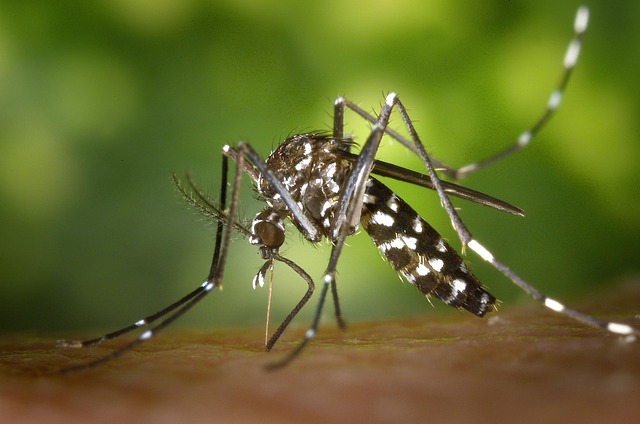
Mosquitoes and ticks are common pests that can pose significant health risks, especially with their ability to transmit diseases. Understanding their behavior is crucial for effective mosquito and tick control. Mosquitoes, for instance, breed in stagnant water and prefer areas with dense vegetation and nearby human habitats. They are most active during dawn and dusk, making early morning or late evening outdoor activities more susceptible to bites. Ticks, on the other hand, seek out hosts like small animals and humans by attaching themselves to grass and shrubs, waiting for passing creatures to latch onto. Knowing these behaviors allows property owners to take targeted measures, such as eliminating standing water, maintaining lawn health, and using repellents, to create an environment less hospitable to these pests.
Identifying Breeding Grounds

Mosquitoes breed in standing water, so identifying and eliminating these breeding grounds is a key step in mosquito and tick control. Check your yard for any stagnant pools, buckets, old tires, or clogged gutters that could provide the perfect environment for mosquitoes to lay their eggs. Even small amounts of water can become a breeding site, so regular maintenance and drainage improvements around your property are essential. By removing these water sources, you significantly reduce the mosquito population before they have a chance to mature and cause hassle.
Natural Repellents and Their Effectiveness
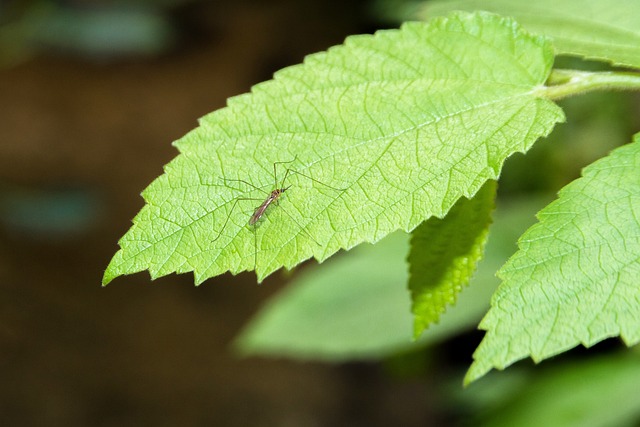
Natural repellents have gained popularity as an eco-friendly approach to mosquito and tick control, offering alternatives to chemical sprays. Many common household items and essential oils possess properties that deter these pests naturally. For instance, citronella, known for its strong scent, has been used for centuries to ward off mosquitoes. Other natural options include lavender, lemon eucalyptus, and peppermint oil, which can be applied topically or diffused to create a protective barrier against biting insects.
These natural remedies are not only effective but also safer for pets and the environment compared to synthetic chemicals. They provide a gentle yet powerful way to manage mosquito populations, especially in outdoor settings. However, it’s important to note that while natural repellents can be highly effective, their potency may vary, and application methods should be followed carefully for optimal results.
Chemical Treatments: Pesticides and Sprays
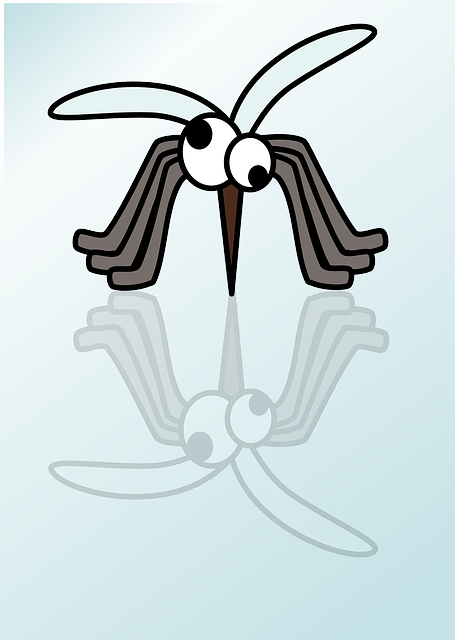
Chemical treatments, such as pesticides and sprays, offer a swift solution for mosquito and tick control. These products are designed to eliminate or repel insects by targeting specific neurochemicals or disrupting their life cycles. Common insecticides used include synthetic chemicals like pyrethroids and organophosphates, which can be effective in reducing mosquito populations. Sprays, in particular, are convenient for treating hard-to-reach areas, ensuring a more comprehensive yard coverage.
However, it’s essential to use these chemicals responsibly and with caution. Many pesticides have potential health and environmental impacts, so following manufacturer instructions strictly is crucial. Additionally, some insects may develop resistance over time, rendering the treatments less effective. As such, combining chemical methods with natural barriers and regular removal of standing water can provide a more sustainable mosquito and tick control strategy.
Targeted Applications: Focus on Problem Areas

When it comes to effective yard mosquito treatments, targeted applications are key. Focus on problem areas within your yard where mosquitoes tend to congregate, such as near standing water, dense vegetation, and dark corners. These habitats provide ideal breeding grounds for mosquitoes, so treating these specific zones can significantly reduce their population.
By using targeted applications, you can ensure that mosquito and tick control efforts are more efficient and less wasteful. This method allows you to apply treatments directly where they’re needed most, minimizing the use of chemicals and saving you time and money. As a result, your yard will be more enjoyable, and you’ll have fewer pesky insects to contend with.
Seasonal Strategies for Long-Lasting Protection
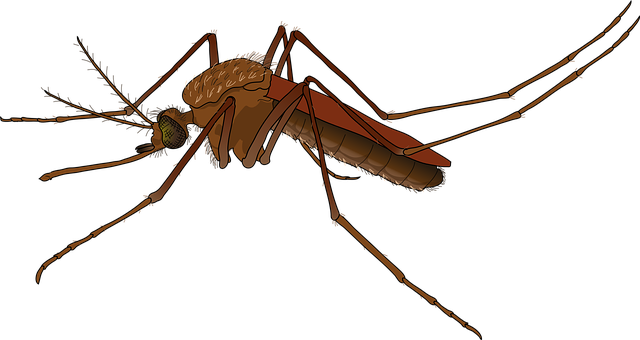
In the ever-changing seasons, adapting your mosquito and tick control strategies is key to maintaining a comfortable outdoor space. During the warmer months, when mosquitoes are most active, focus on regular treatments like spraying and setting up traps. These methods effectively reduce mosquito populations by targeting adult insects.
As the weather cools, consider different approaches for long-lasting protection. Fall and winter offer opportunities to treat areas where mosquitoes hibernate or lay eggs. Implementing strategies such as draining standing water and sealing potential breeding grounds can disrupt the mosquito life cycle. Additionally, maintaining a year-round treatment plan with professional services ensures consistent control, providing you with peace of mind and outdoor enjoyment throughout all seasons.
Preventive Measures: Maintenance and Cleanliness
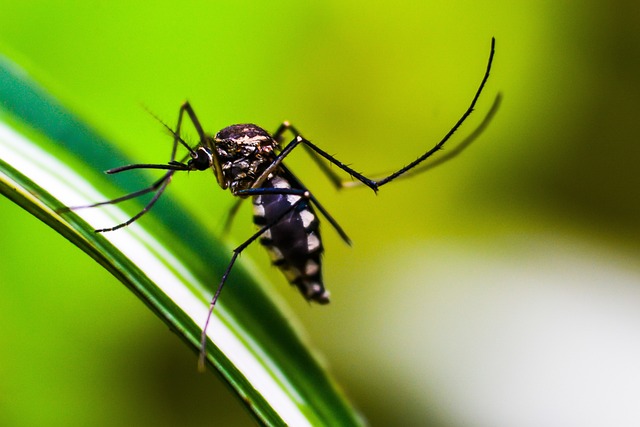
Maintaining a clean and tidy yard is an effective way to prevent mosquito breeding grounds. Mosquitoes thrive in stagnant water, so regularly checking and emptying items that can hold water, such as old tires, buckets, and bird baths, is crucial. Keep your yard free from clumps of tall grass and overgrowth, as mosquitoes use these areas for shelter. Regular yard maintenance not only makes your outdoor space more enjoyable but also helps in the overall mosquito and tick control efforts.
Additionally, proper sanitation practices play a significant role. Ensure that trash cans are tightly sealed and consider adding mosquito-repelling plants like citronella or lavender to your garden. By implementing these simple yet effective preventive measures, you can create an environment less welcoming to mosquitoes and enjoy a more comfortable outdoor experience.
Professional Mosquito and Tick Control Services
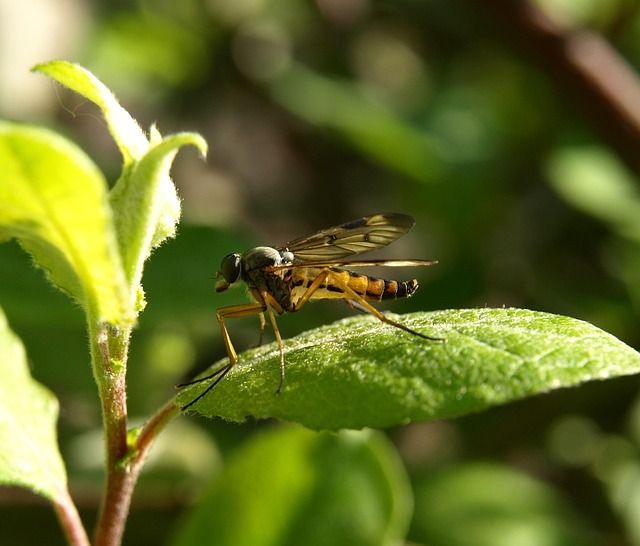
Professional mosquito and tick control services are a game-changer for those seeking lasting relief from these pesky insects. These specialized companies employ advanced techniques and products designed to effectively target and eliminate mosquito and tick populations, providing homeowners with a peaceful outdoor experience. Their expertise lies in identifying breeding grounds and utilizing eco-friendly treatments that are safe for both people and pets.
With a thorough understanding of local pest behavior, professionals can navigate the intricate labyrinthine of your yard, locating hidden breeding sites and implementing tailored solutions. This includes applying targeted sprays, setting up traps, and offering ongoing maintenance plans to ensure mosquitoes and ticks stay at bay. By enlisting their help, you gain access to a symphony of control methods that go beyond simple DIY approaches, offering a comprehensive and long-lasting solution to these irritating invaders.
